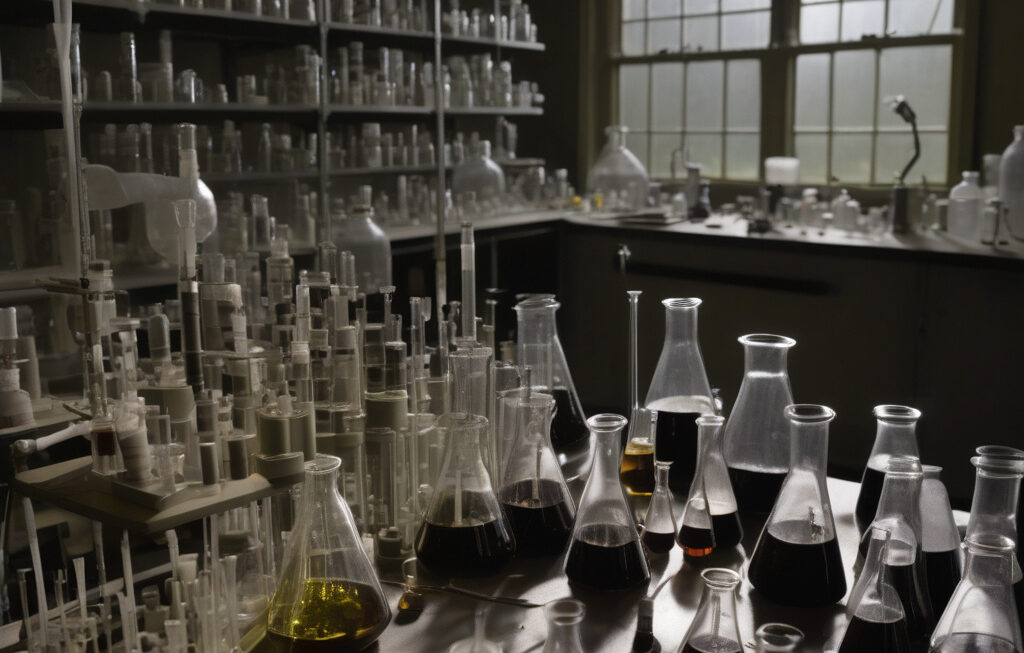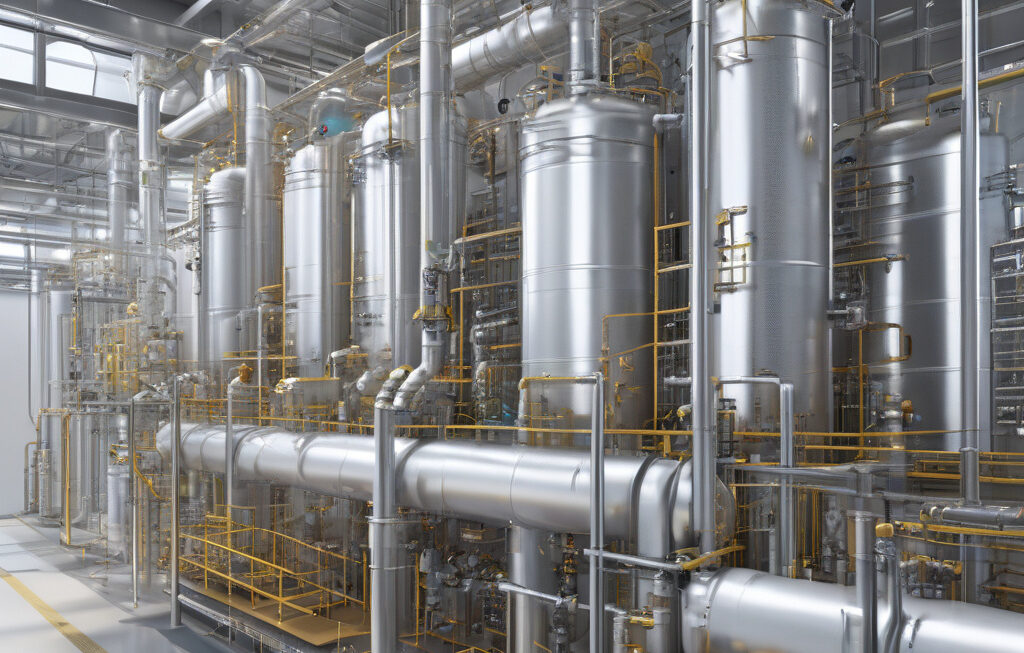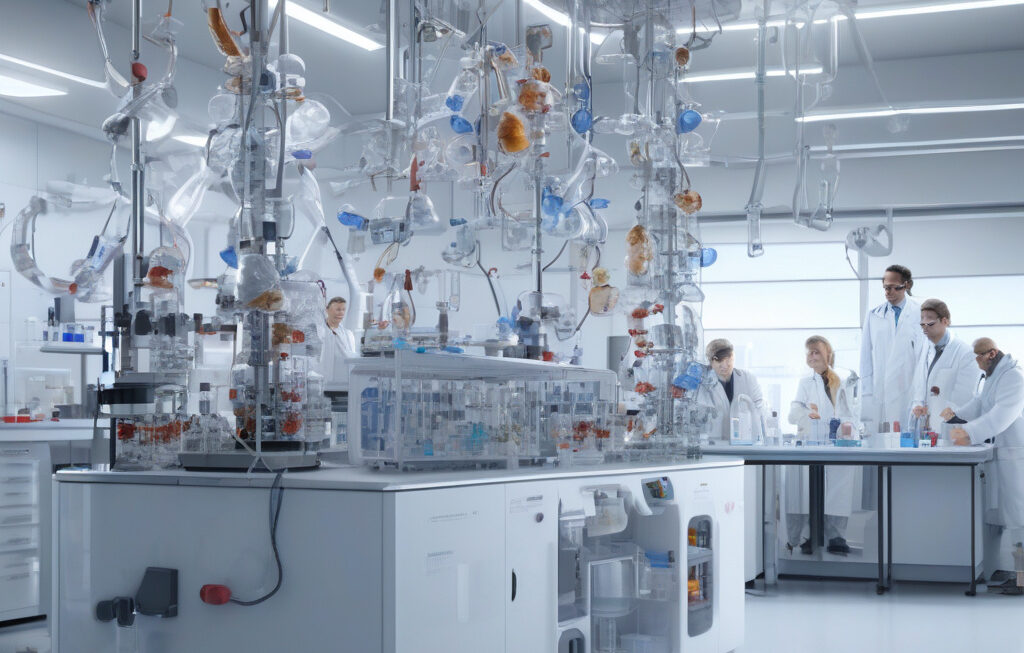China Turns Polluted Soils into Self-Cleaning Reactors that Recover Rare Earths
A team of scientists from the Chinese Academy of Sciences has unveiled a new nature-based innovation that could revolutionize the way we tackle soil pollution and recover rare earth elements. By harnessing the power of plants and microorganisms, these groundbreaking self-cleaning reactors offer a sustainable solution to two pressing environmental challenges facing China and the world at large.
China, known for its rapid industrialization and economic growth, has also faced severe consequences in the form of soil pollution. The mining and processing of rare earth elements, vital for the production of high-tech products like smartphones and electric vehicles, have left a toxic legacy in many regions across the country. Traditional methods of soil remediation are often costly, energy-intensive, and not environmentally friendly, making it a challenging task to restore the health of the land while extracting valuable resources.
The innovative approach developed by the Chinese scientists involves using specific plants and microorganisms that have the ability to absorb and accumulate rare earth elements from contaminated soils. These plants act as natural sponges, soaking up the pollutants while thriving in the process. The contaminated soil is then processed in self-cleaning reactors, where the plants are broken down and the rare earth elements are extracted and purified for reuse in various industries.
One of the key advantages of this nature-based solution is its sustainability. Unlike conventional remediation methods that rely on chemical treatments or physical removal of contaminated soil, the plant-based approach is more cost-effective and environmentally friendly. It harnesses the power of nature to restore the health of the soil while recovering valuable resources that would otherwise go to waste.
Moreover, the self-cleaning reactors not only help in soil remediation but also contribute to the circular economy by closing the loop on rare earth element production. By recovering these valuable materials from polluted soils, China can reduce its reliance on environmentally damaging mining practices and lessen the pressure on global supply chains.
This innovative technology holds great promise not only for China but for other countries facing similar challenges of soil pollution and resource scarcity. By turning contaminated lands into productive sites for rare earth recovery, we can create a more sustainable future for generations to come.
In conclusion, the transformation of polluted soils into self-cleaning reactors that recover rare earths represents a significant step towards addressing environmental pollution and resource depletion. Through the ingenuity of science and the power of nature, we can pave the way for a cleaner, greener planet while meeting the growing demand for critical materials in the high-tech industry.
#China #SoilRemediation #RareEarths #EnvironmentalInnovation #SustainableDevelopment











